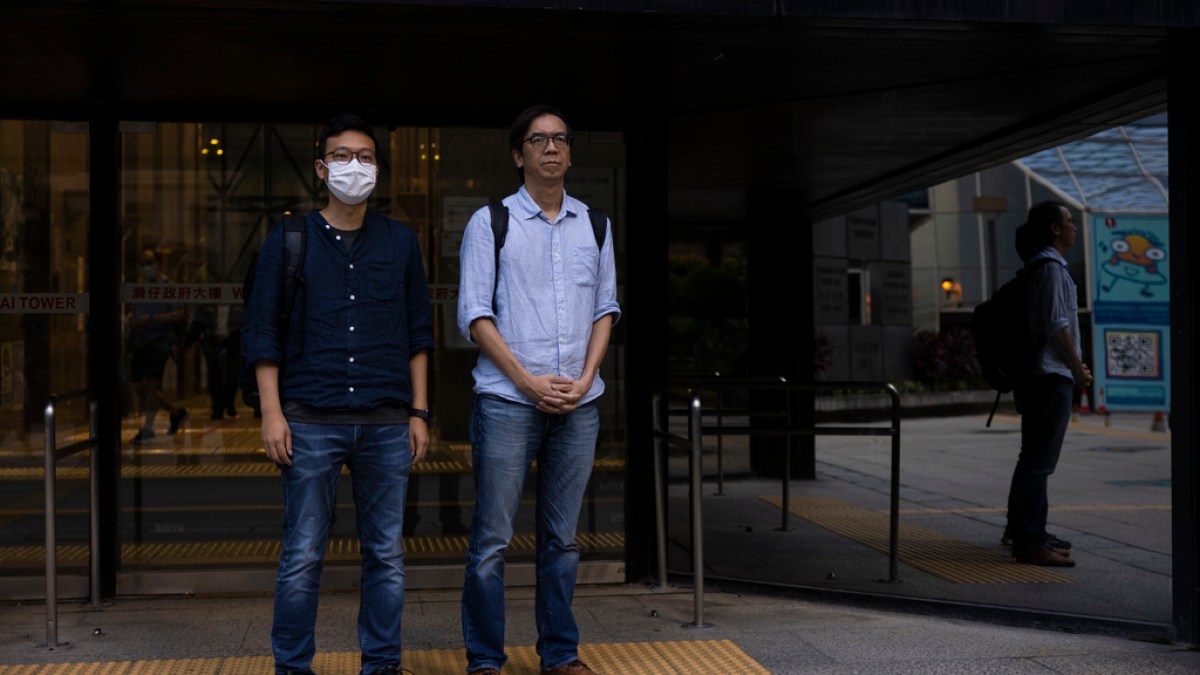كلمات في الرياضة: لا مكان للأخطاء
كلمات في الرياضة: لا مكان للأخطاء
Transcript
Hi I’m Natalie and welcome to Talking Sport.
Today we are hearing about two divers fromChinaand learning the phrase ‘no room for error’.
He Zi and Wu Minxia are two divers fromChina.
They will dive together at this year’s Olympic games inLondon.
Let’s hear from BBC reporter Michael Bristow who has been to meet the divers.
Listen for how many Olympic medals Wu Minxia has already won and listen for the phrase ‘no room for error’.
Diving is years of training. He Zi has been practising the art since she was six. Barring injuries, she’ll perform at the London Olympics. This is who she’ll be diving with – Wu Minxia. She’s already won two Olympic gold medals. The two athletes must be in complete symmetry. InLondon, there’ll be no room for error.
Listen again for how many Olympic medals Wu Minxia has already won and listen for the phrase ‘no room for error’.
Diving is years of training. He Zi has been practising the art since she was six. Barring injuries, she’ll perform at the London Olympics. This is who she’ll be diving with – Wu Minxia. She’s already won two Olympic gold medals. The two athletes must be in complete symmetry. In London, there’ll be no room for error.
Did you hear how many Olympic medals Wu Minxia has already won?
Yes, Wu Minxia has already won two Olympic medals.
We heard the phrase ‘no room for error’.
لا مكان للأخطاء
InLondonthere will be no room for error.
Well we have heard about He Zi and Wu Minxia and learnt the phrase ‘no room for error’.
Now, let’s listen to some people inLondonusing this phrase.
When a pilot is landing a plane there is no room for error.
There is no room for error when competing in the Olympics.
There is no room for error in a medical operation.
When a pilot is landing a plane there is no room for error.
There is no room for error when competing in the Olympics.
There is no room for error in a medical operation.
I’m Natalie and that’s all from Talking Sport.
‘Must’, ‘mustn’t’ & ‘needn’t’
In the video we heard the word ‘must’:
“The two athletes must be in complete symmetry.”
‘Must’ is used when it is important that you do something.
E.g. I must pass my exams to get into university.
‘Mustn’t’ is used when it is important that you do not do something.
E.g. You mustn’t run beside the swimming pool as you may slip and hurt yourself.
‘Needn’t’ is used when you don’t need to do something.
E.g. You needn’t worry about getting a job. There are plenty of companies looking for people.
Now complete the sentences with must, mustn’t or needn’t.
1. I __________ buy some milk. I don’t have any in the house.
2. We __________ book the holiday now. We have plenty of time to get a trip organised.
3. You __________ lose this key. It is the only key we have to get into the house.
4. I __________ remember to send Debbie a birthday card.
‘Since’ and ‘for’
In the video we heard the word ‘since’:
“He Zi has been practising the art since she was six.”
The word ‘since’ and the word ‘for’ can both be used to refer to how long something has been happening.
The word ‘since’ is used when we are talking about a point in time:
E.g. I have been playing football since I was five years old.
The word ‘for’ is used when we are talking about a period of time.
E.g. I have been living inLondonfor two years.
Now complete the sentences with ‘since’ or ‘for’.
1. I have been working in this company _________ January.
2. We have been in a relationship _________ three years.
3. It has been sunny _________ a few days.
4. John has been in the office _________ 7 o’clock
Answers
‘Must’, ‘mustn’t’ & ‘needn’t’
1. I must buy some milk. I don’t have any in the house.
2. We needn’t book the holiday now. We have plenty of time to get a trip organised.
3. You mustn’t lose this key. It is the only key we have to get into the house.
4. I must remember to send Debbie a birthday card.
1. I have been working in this company since January.
2. We have been in a relationship for three years.
3. It has been sunny for a few days.
4. John has been in the office since 7 o’clock.
اكتشاف المزيد من موسوعة أنوار
اشترك للحصول على أحدث التدوينات المرسلة إلى بريدك الإلكتروني.










اترك رد